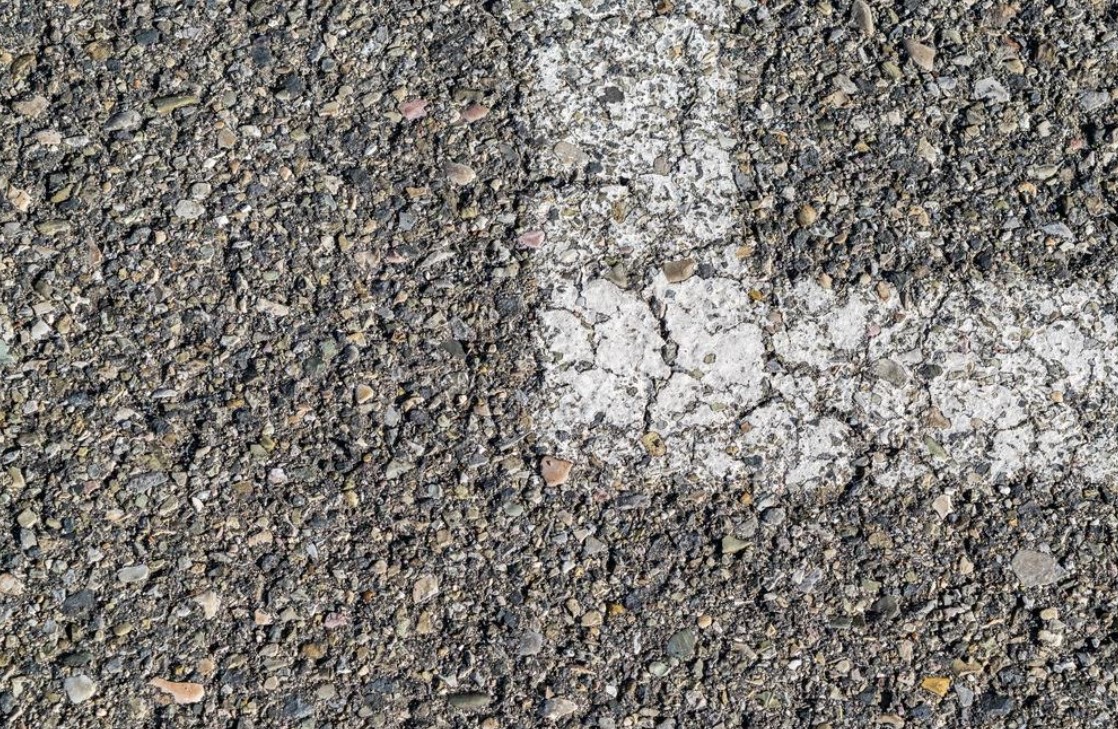What are the Biggest Causes of Deterioration in Pavements?

Both concrete and asphalt pavement is designed to last for decades – as long as it is cared for and maintained regularly. But there are a number of things that can cause pavement to deteriorate. The experts at Parking Lot Pros say that a poor installation and lack of care can accelerate damage to concrete and asphalt paving and cause pavement to require replacing well before the end of its expected lifespan. Below are a few of the most common issues that affect the life of pavement.
Inadequate Drainage
If water is allowed to pool on the pavement, you are likely to notice issues such as cracks and holes. The reason for this is that water can seep into the asphalt or concrete and, over time as it expands and contracts, small cracks start to appear. These cracks will grow bigger over time, to such a point that they will actually affect the integrity of the pavement. It is important to ensure that your drainage system can deal with heavy downpours. You will need to install suitable drains and ensure gentle angling to direct the water to the edges. It can then be absorbed back into the surrounding landscape or disappear down the drain.
Chemical Spills
Just as standing water can affect pavement, so too can chemical or oil spillages that are not cleaned up. Asphalt in particular is susceptible to chemical spills. These spills can cause the asphalt to soften, which over time will cause it to break down. Concrete can also be affected if water laced with chemicals seep into it. Road salt can be harmful to concrete too and can cause it to rot from underneath.
Sunlight
In parts of the country that gets a lot of sunlight and high temperatures, asphalt can become dry and brittle over time. When the liquid asphalt dries out, shrinking and raveling can occur. This then results in cracks, allowing water to penetrate the surface.
Poor Installation
If asphalt or concrete paving is not installed properly, it can shorten its lifespan. For example, concrete that is not allowed to cure sufficiently can become brittle and weak over time. In terms of asphalt, the surface can start to shift if the ground underneath is not compacted properly before it is laid. An unstable foundation can result in shifting. Heavy traffic on the paving could cause it to become less stable.
How to Prevent Paving Deterioration
Making sure that pavement has adequate drainage and that it is installed correctly will go a long way to ensure that it lasts for a long time. However, regular maintenance is also required.
It is important to clean pavement often, particularly when there is a chemical spill. Furthermore, should any cracks appear, these should be dealt with immediately. Even small cracks can allow water and other liquids to penetrate, which will then affect the integrity of the paving.
Seal coating is also an option in terms of prolonging the life of a pavement. This will prevent water and chemicals from seeping into it and causing damage.
Conclusion
Asphalt and concrete pavement should last for decades. However, unless it is cared for, the lifespan can shorten quite significantly. Things like water, road salt, and chemicals, if allowed to seep into the pavement, can affect it from within and can cause cracks that eventually make the asphalt or concrete brittle and weak.
By taking preventative measures such as seal coating the surface of the pavement and taking care of repair work as soon as it is needed, your paving should last for many years.






